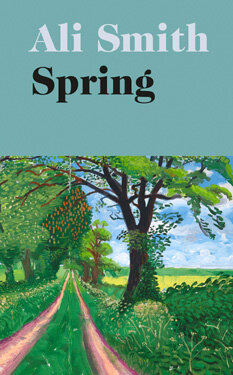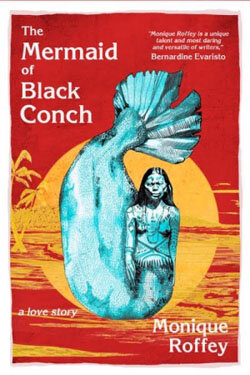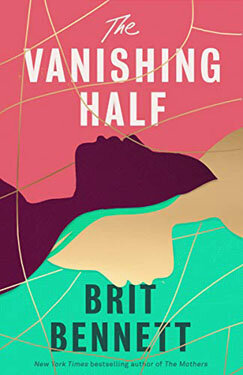As many of you know, I enjoy following a lot of book prizes and I'm excited to share with you that I'll be judging a very popular book prize myself this year: The Costa Book Awards. For those of you who are unfamiliar with the format of the Costa Book Awards every year groups of judges select shortlists in five different categories which are Novel, First Novel, Biography, Poetry and Children's Literature. I will be a judge in the First Novel category which is great because I love debut fiction and discovering new voices. So I'll be involved in picking a shortlist and a winner for this category. I'm so excited about it, but it's going to be an interesting challenge too because this isn't just about picking my personal favourite book. I've been a judge on a number of book prizes before. They've all been quite different experiences but I've also had some of the richest, most involving discussions about books with fellow prize judges. Towards the end of the process it can get really difficult to choose between very different but equally great books but that's the point of the job. I'll be discussing the submissions with two other judges in my category for the Costas and we need to keep in mind the prize's guidelines. Last year's winner in the First Novel category was Sara Collins' “The Confessions of Frannie Langton” which I absolutely loved.
The guidelines for the prize which I'm keeping in mind while reading is that:
A ‘Costa’ book is a sparkling, eminently readable book with broad commercial appeal. Not esoteric; not so ‘beautifully-written’ that the story and characters got forgotten along the way. Just terrific, intelligent, readable books which (we hope) large numbers of people will want to buy, and read, and recommend to friends.
That's something I think Sara Collins' novel does perfectly and it's a book I've recommended to so many people. So this is a great standard to try to live up to.
I'm already reading some great novels that have been submitted for the prize, but – as you can probably guess – I won't be able to discuss any of the initial submissions here because that wouldn't be fair to the process of the prize or the publishers or authors. I'll still be reading other books over the next few months and publishers send me books all the time so I'll still be reviewing many of these I just won't be able to discuss them in the context of the prize or whether they've been submitted for the prize or not. But, later this year, I'll be very excited to talk about the short list we chose after the announcement is publicly made. And, no doubt, I'll talk about the books listed in all categories because over the years I've read a lot of great books that have been listed for the prize. So last year, in addition to Sarah Collins novel I also loved Mary Jean Chan's collection “Fleche” which was the Poetry category winner and Jack Fairweather's book “The Volunteer” which was the Biography category winner. And this book was also the overall winner of last year's prize because once the five category winners are chosen an overall winner is picked as well. (I won't be involved in this final process, but it'll be very exciting to follow.)
Way back in the year 2000 Zadie Smith won the first novel award for “White Teeth” and this award helped launch and establish her career. So it's an amazing opportunity for an author and I see judging it as a great responsibility. Also, more sentimentally, it means a lot to me that I'll be a judge on this prize because another previous winner from 2000 was the memoir “Bad Blood” by Lorna Sage. This obviously won the biography category in that year when this award was still called The Whitbread Awards. The name of the prize changed in 2006 when Costa Coffee became the sponsor of the awards. But the reason this book winning was so meaningful to me was that Lorna was my teacher at the time and I know it meant so much to her to win this award. And Lorna was one of the most inspirational teachers I ever had and she helped shape who I am as a reader. She introduced me to the books of writers such as Joyce Carol Oates and Angela Carter. So it feels really special to be involved in judging this prize and it's a great honour.
Watch this space. This is going to be great. The shortlists and winners will be announced later this year. I'm sure I'll be talking about it a lot more at that time and I hope you follow along and read along as announcements are made.


























